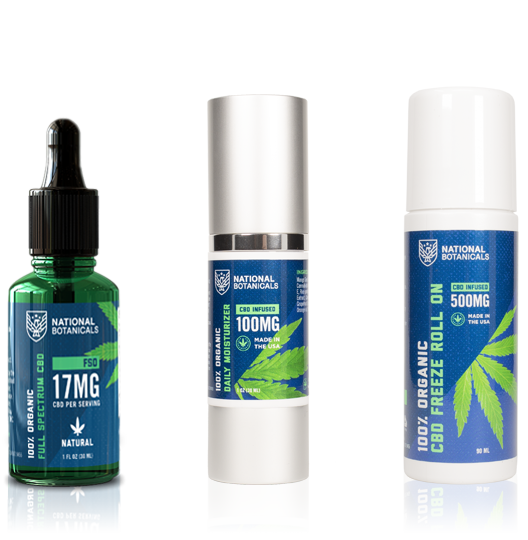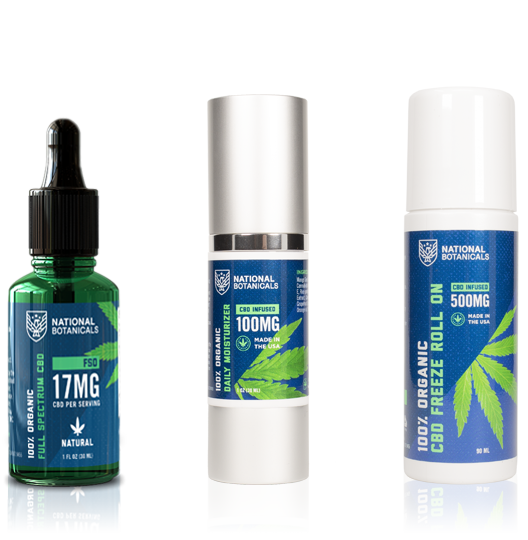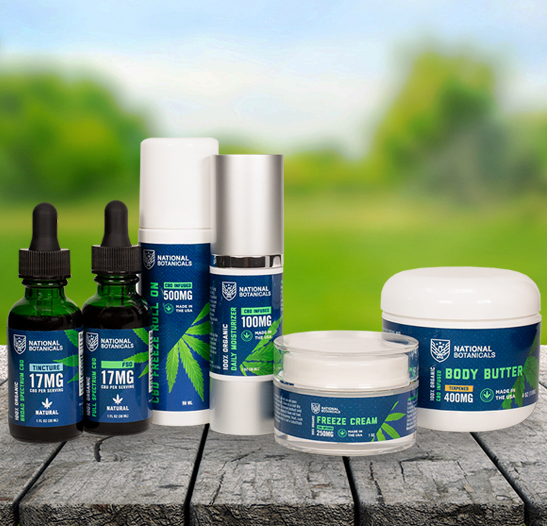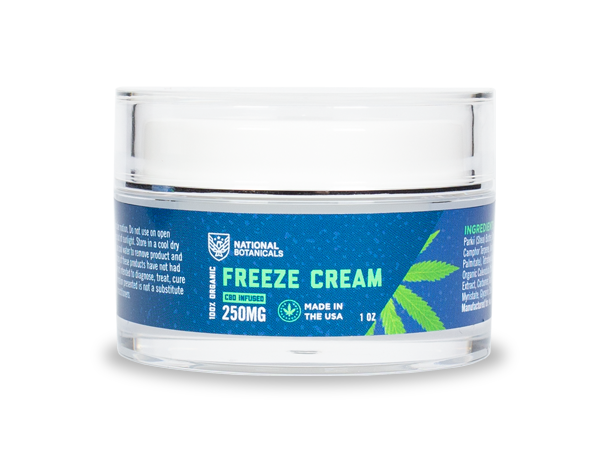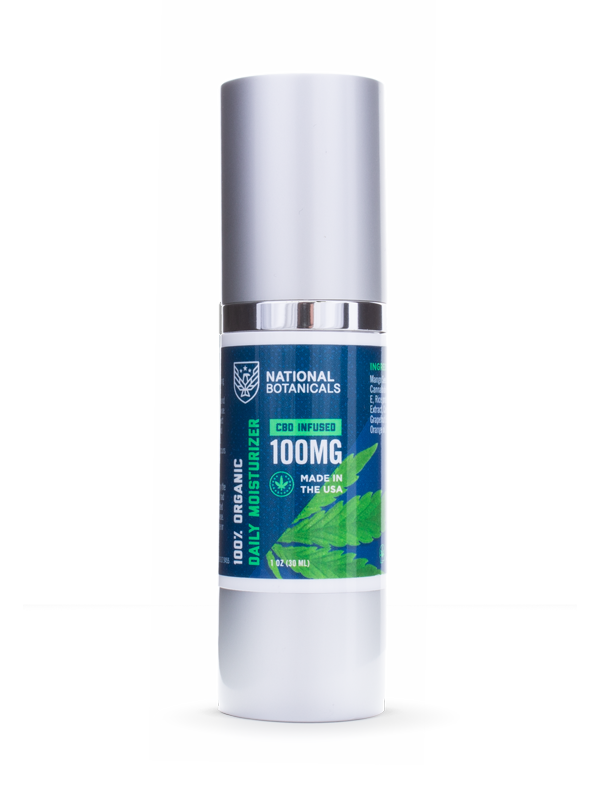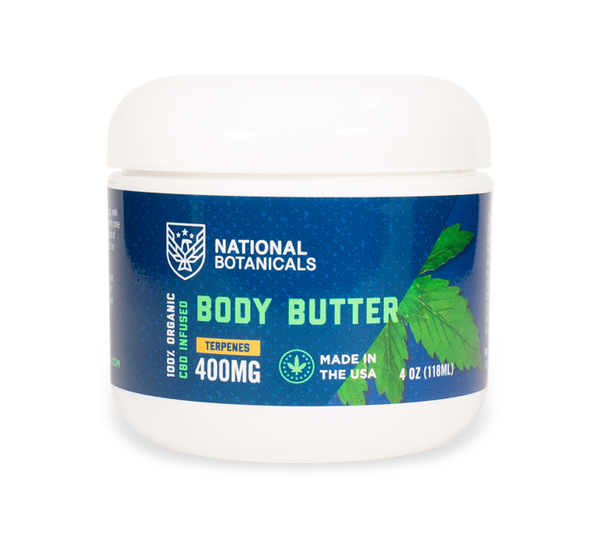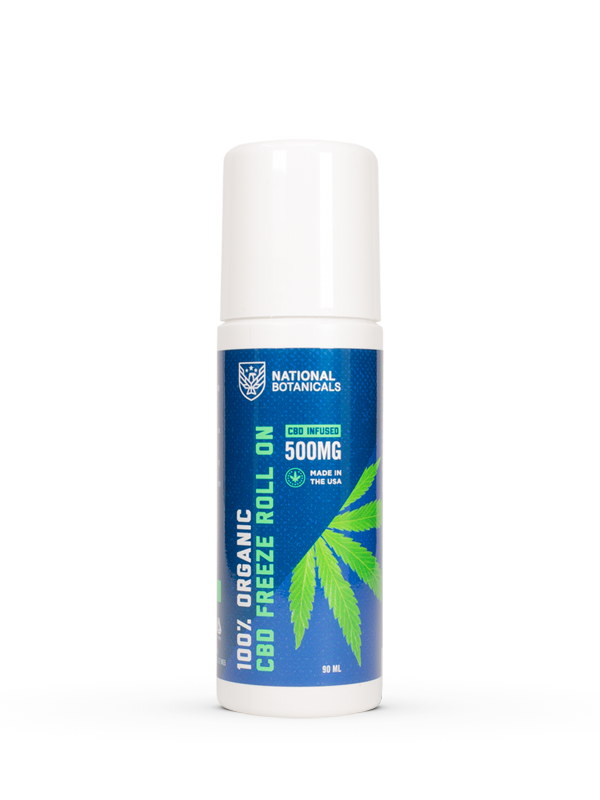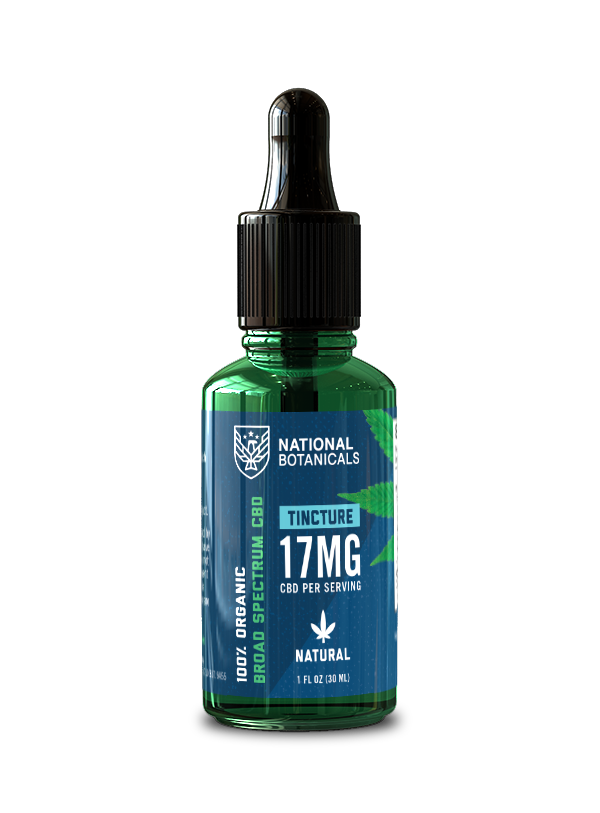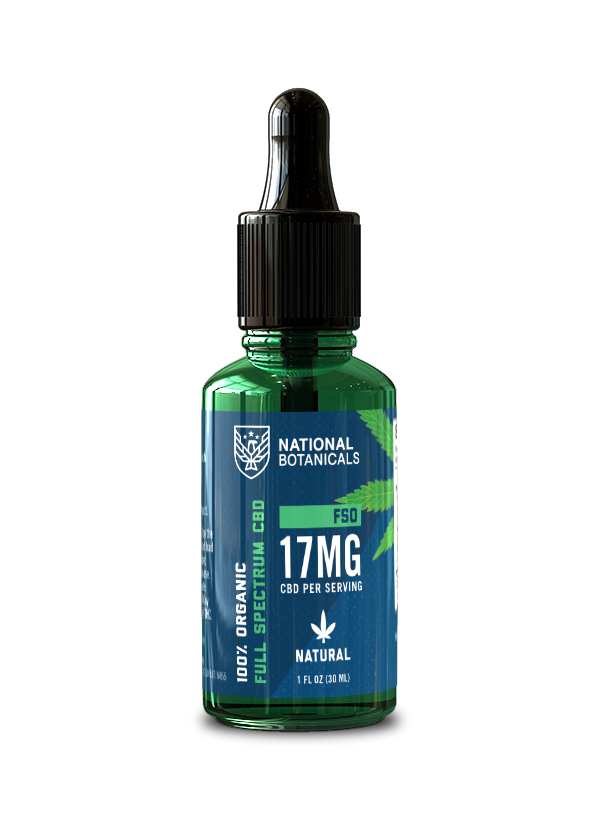Hemp-Derived CBD vs Marijuana-Derived CBD
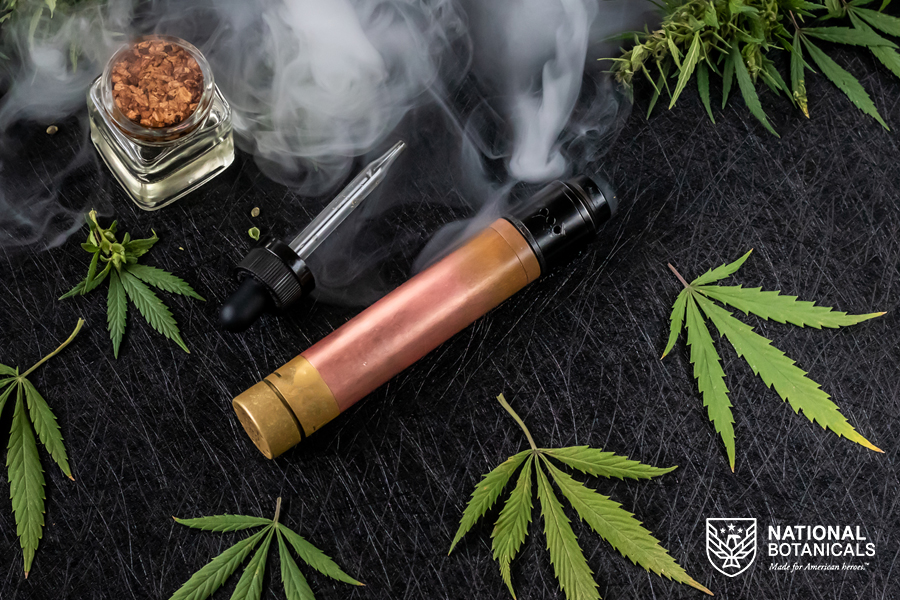
It seems like CBD infused products are sprouting up everywhere. Advertisers pitch CBD salves and lotions as just the thing you need for body aches. Even more, they promise CBD infused coffee will fuel your day. You can even get CBD treats for your pets to enjoy. But before you jump into the world of CBD, you should understand the difference between hemp-derived CBD and marijuana-derived CBD.
CBD Refresher
Before getting into specifics about CBD and its sourcing, it’s helpful to have a reminder about what CBD is and isn’t.
CBD is a cannabinoid naturally occurring in both the marijuana and hemp plants. Therefore, products can contain either marijuana-derived CBD or hemp-derived CBD. CBD, unlike marijuana’s other component THC, is not psychoactive and does not produce a “high”. CBD is also not considered to be habit-forming.
Scientists are discovering more information about CBD on a regular basis, but so far they believe that CBD may be able to alleviate chronic pain and inflammation, help with insomnia, stress, and mood.
CBD is thought to have many wonderful properties and the reported side effects are minimal. CBD content and quality influences the potency of any given product. And proper dosing and labeling are an important aspect of CBD product descriptions.
With the passing of the 2018 Farm Bill, hemp production is legal on a Federal level. Hemp products, including hemp-derived CBD, are under regulation by the FDA and are subject to the same authorities and requirements as FDA-regulated products containing any other substance.
Marijuana-Derived CBD
While both hemp and Marijuana derive from the cannabis plant, there are many differences between them. Marijuana is a plant that contains anywhere from 5% to 20% of THC – the compound that produces a euphoric or psychotropic effect. The DEA categorizes Marijuana and marijuana-derived CBD as Schedule I substances and are thus illegal on the Federal level.
A product that contains marijuana-derived CBD, even if it contains 0% THC, is still a Schedule I substance and is illegal.
Hemp-Derived CBD
Marijuana and hemp look and smell identical, and may be the same plant on a botanical level. Despite this, when it comes to an agricultural and legal standpoint they are different.
The hemp plant has been around for many centuries. Artifacts containing hemp date as far as 10,000 years ago. These artifacts reveal that early humans used hemp for food, clothing, rope, housing materials, and paper.
Hemp, unlike its cousin marijuana, contains a very small amount of the psychotropic component THC. Under federal law hemp’s THC content cannot exceed 0.3% by dry weight. Expectations are for industrial hemp production to increase significantly since legalization by the passing of the 2018 Farm Bill.
Today hemp is a component in clothing, paper, and building materials, as well as cooking oil and hemp flour. And last but not least, hemp is the source for hemp-derived CBD.
The Verdict
Marijuana and hemp are similar and come from the same plant family. Marijuana is a Schedule I substance and is the target of heavy regulation on the federal level. Conversely, hemp has been removed from the federal list of Controlled Substances and is currently considered an agricultural product.
This distinction is especially important when considering CBD products. National Botanicals takes care to only use 100% pure, organic, hemp-derived CBD that’s regularly tested for quality and strength. With each purchase, you know exactly what you are getting and can expect top quality and transparent sourcing information.
To learn more about CBD, visit our FAQ page.
